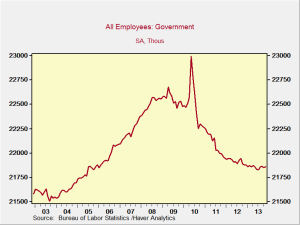Accounting is commonly perceived as cut and dried. I once had dinner with an interior decorator, who, upon discovering I was in finance, said with some pity, “Well, you can still be creative, right?” My answer, of course, was that if we’re too creative, we go to jail. That pretty much ended the discussion (and got me in trouble on the way home).
My quip aside, accounting involves significant questions of judgment and adjustment. Take Enron, for example. The case was largely a matter of how the accountants reflected the business reality through the legal structure and financial statements. Although it was ultimately concluded that the statements didn’t reflect reality, both the internal financial managers and auditors agreed, at least initially, that the methods used were acceptable.










